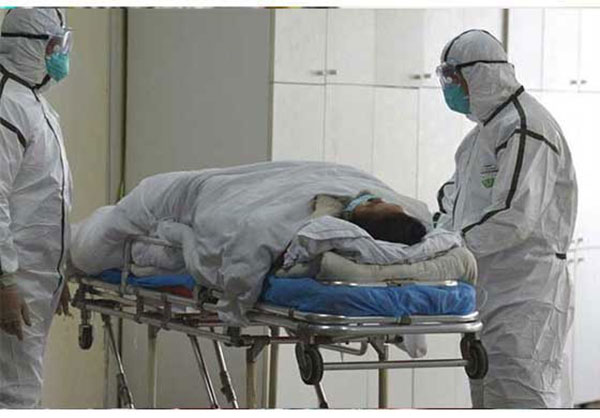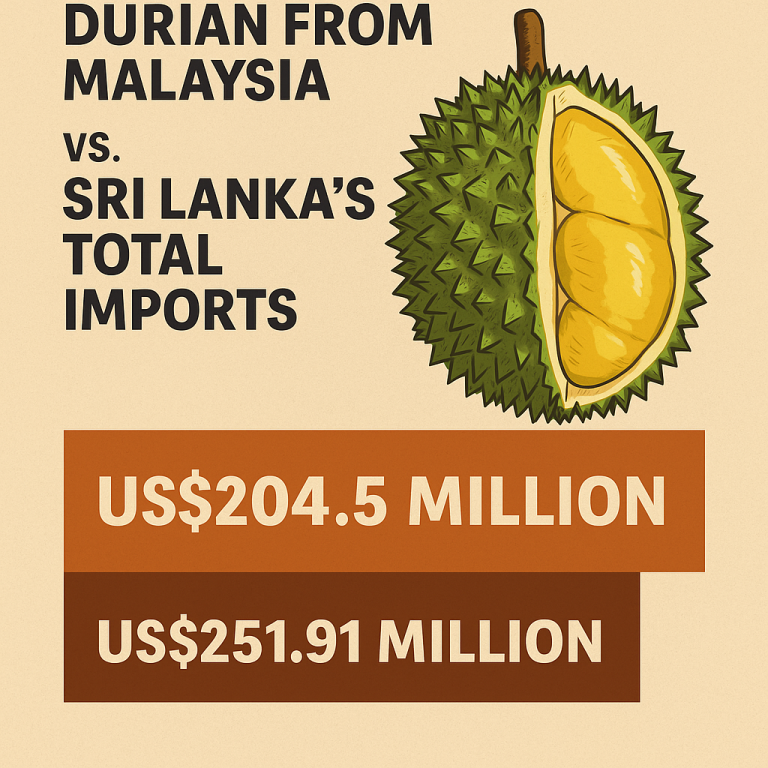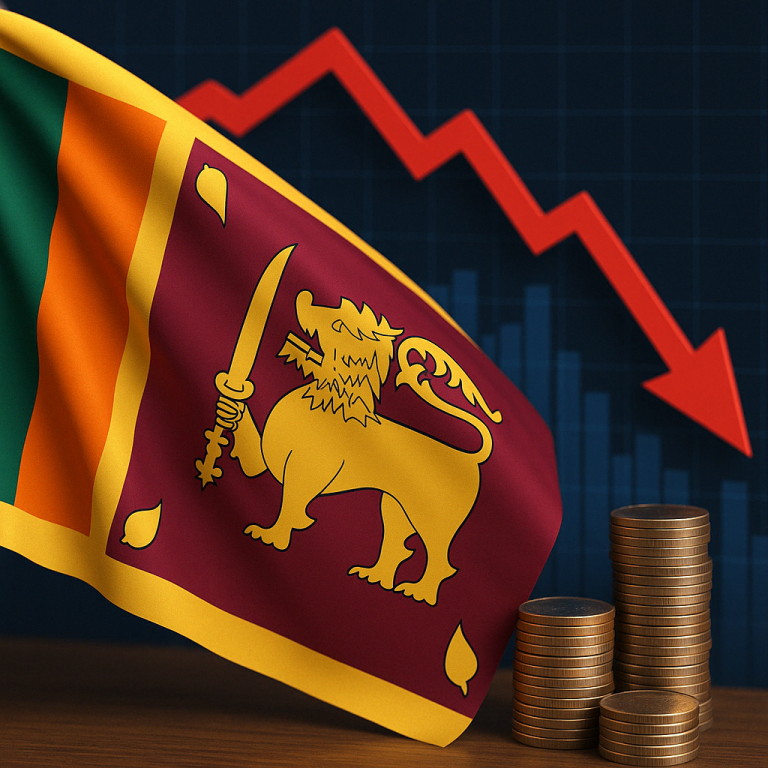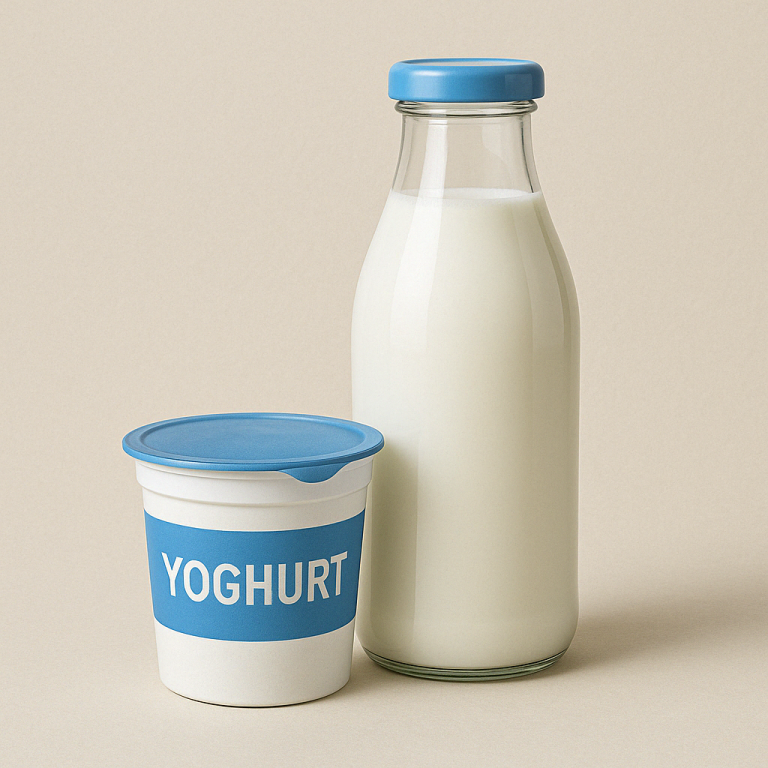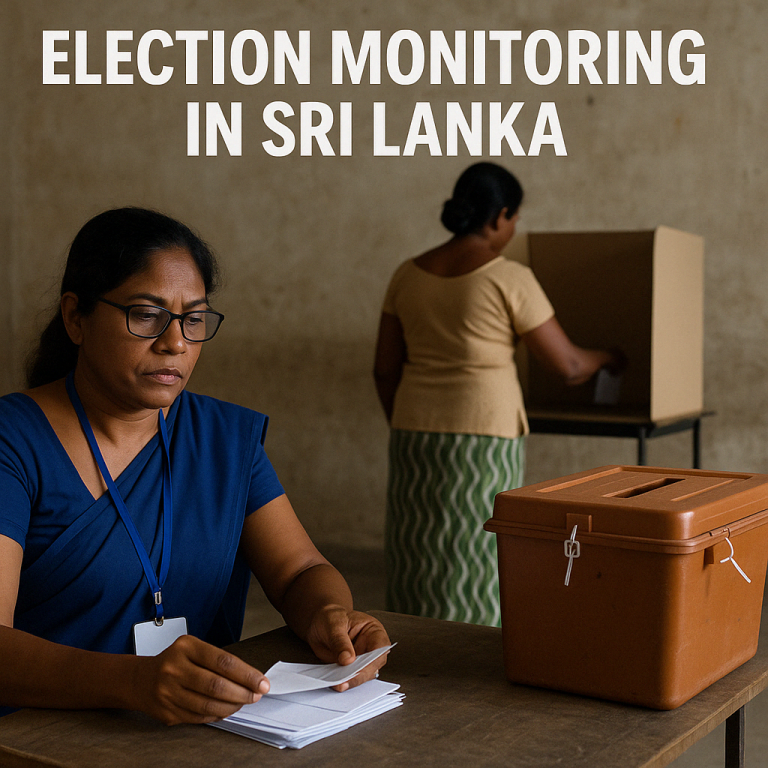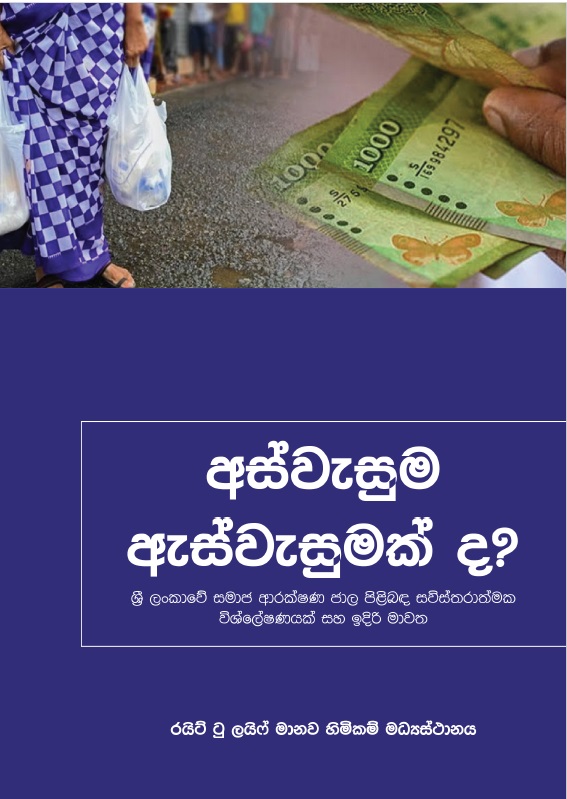Ajith Parakum
In a significant and progressive step, the Sri Lankan government has issued a formal apology for its controversial “cremations only” policy enforced during the COVID-19 pandemic. This policy, which mandated the cremation of all COVID-19 victims, including those from the Muslim community, disregarded both religious beliefs and scientific advice, causing widespread distress.
The government statement, released on Tuesday, announced that the Cabinet had approved a joint proposal from several ministers to extend an apology to all communities affected by the mandatory cremation policy. The policy, implemented under President Gotabaya Rajapaksa, was based on the premise that burying COVID-19 victims posed a risk of virus transmission through the water table. However, two subsequent studies commissioned by the government revealed that this concern was unfounded.
The enforced cremation policy, which began in April 2020, faced persistent opposition from the Muslim community, which constitutes about 10% of Sri Lanka’s 22 million population. Rights defenders and activists campaigned vigorously against the policy, with some even approaching the Supreme Court in 2020, only to have their petitions dismissed. The policy, seen as unscientific and discriminatory, was a source of significant anguish, particularly for Muslims who were unable to bury their deceased according to their religious customs.
Global health authorities, including the World Health Organization, had stated that both burial and cremation were safe methods for handling COVID-19 victims. Despite this, the Sri Lankan government’s policy was influenced by recommendations from a committee led by Dr. Channa Perera, which advocated for cremation as the sole method. Health Minister Pavithra Wanniarachchi defended the decision in Parliament, asserting that it was based on expert recommendations, even as later studies and committees, including one led by Senior Professor Jennifer Perera, confirmed that burials posed no significant risk.
The policy was eventually reversed in February 2021, following an appeal by then Pakistani Prime Minister Imran Khan. However, this reversal came too late for the 276 Muslims who were cremated against their families’ wishes, highlighting the deeply felt impact of the policy.
Human rights advocates and scientific experts have criticized the forced cremation policy as both unscientific and discriminatory. Amalini de Sayrah, a human rights activist, remarked that the initial recommendations were selectively applied, ignoring broader scientific consensus and suggesting political motives rather than public health concerns.
The apology is seen as a progressive move, acknowledging past wrongs and reinforcing the need for policies rooted in science and respect for religious and cultural practices. Social media responses have been largely supportive, with many viewing the apology as a necessary step towards healing and reconciliation in Sri Lanka.

